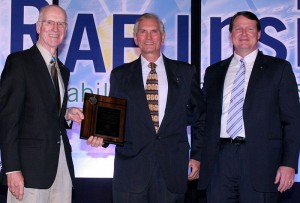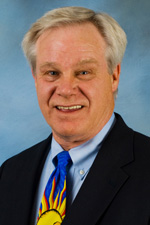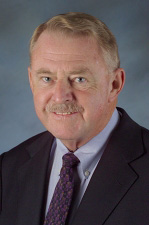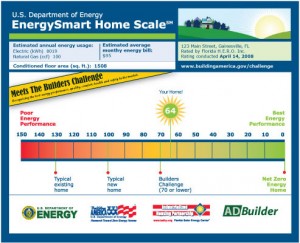
The Florida Solar Energy Center’s Charles Cromer was selected as a Fellow at the American Society of Heating, Refrigerating and Air Conditioning Engineers (ASHRAE) 2010 Winter Conference last month in Orlando.
The honor is granted to members who have attained unusual distinction in the field of heating, refrigeration, air conditioning or ventilation (HVAC).
Cromer, program director of the Appliance Laboratory at the University of Central Florida’s Florida Solar Energy Center, has made significant contributions in the HVAC field. His invention of the Cromer Cycle air-conditioning system provides more energy-efficient dehumidification than standard air conditioners or dehumidifiers. Read more



